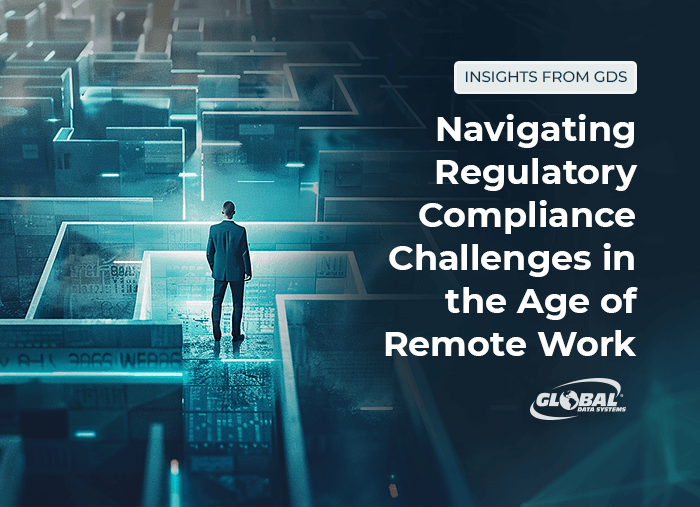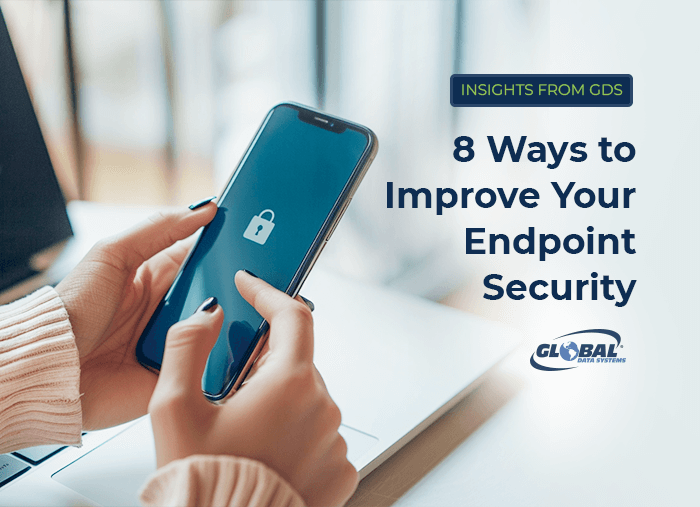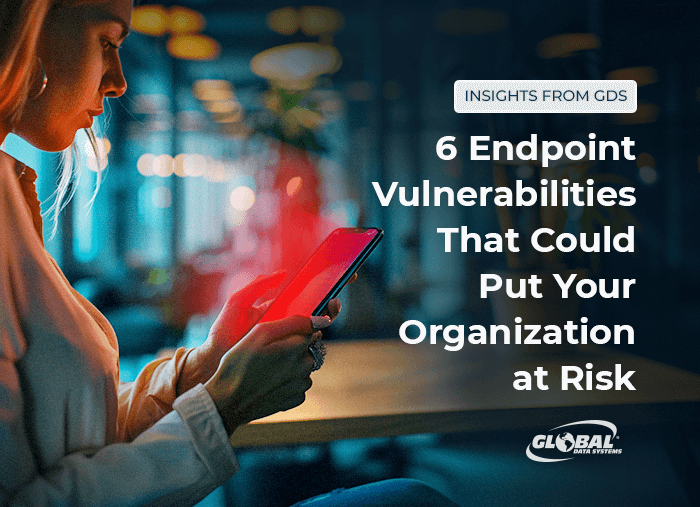Although some companies are issuing return-to-office mandates, most acknowledge that remote and hybrid work is here to stay. Fact is, remote work works — studies show that employees are just as productive working remotely. Remote and hybrid work strategies also save organizations money and provide intangible benefits that make employees happier and more engaged.
Business IT
As we noted in our last post about endpoint security, malicious actors increasingly exploit security vulnerabilities in endpoint devices such as laptops, tablets and smartphones. However, endpoint security has become far more difficult due to the huge numbers of remote and hybrid workers using unsupported devices to access network resources.
In our last post, we discussed some of the challenges of maintaining regulatory compliance in the age of remote work. We used the Payment Card Industry Data Security Standard (PCI DSS compliance) as an example. As organizations work to ensure compliance with the latest version, PCI DSS 4.0, they must extend those efforts to offsite staff. PCI DSS applies to remote workers who access, store, process or transmit cardholder data.
Endpoint devices facilitate remote and mobile work by allowing users to connect to the corporate network from almost anywhere. That also makes them enticing targets for malicious actors.
Technology breaks. Today’s hardware and software are extremely reliable, but something will inevitably become unstable or just stop working. To minimize the impact of such failures, it’s important to have contingency plans for the repair or replacement of your IT systems.





